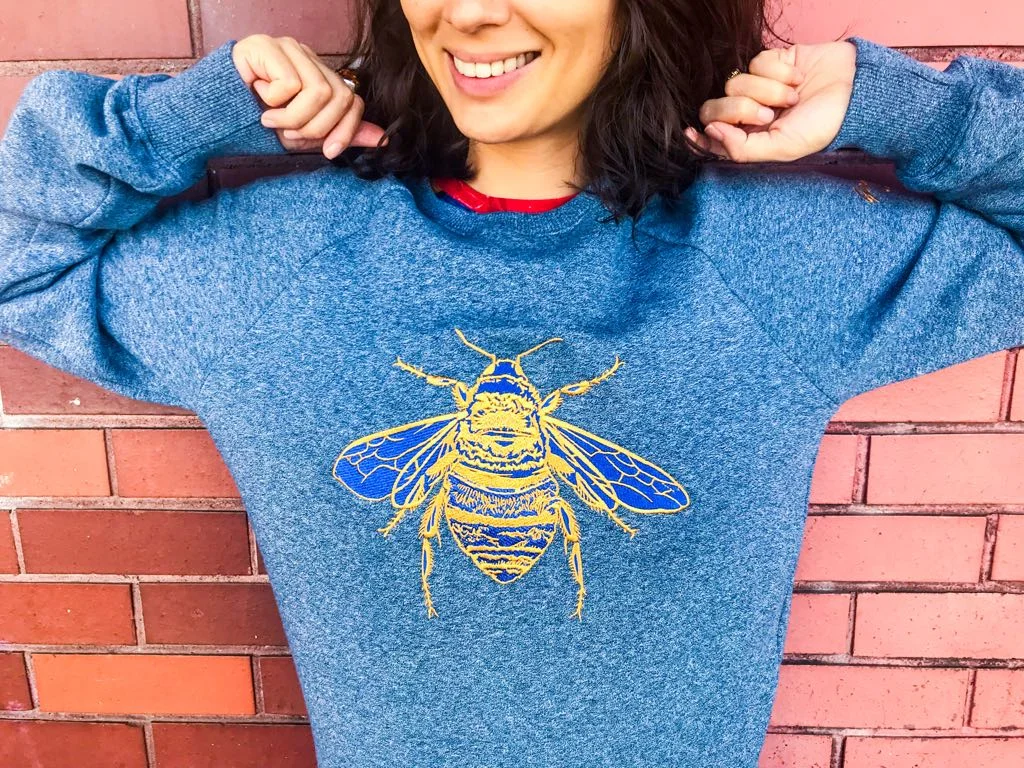SAVE THE BEES
One in three mouthfuls of the food we eat is dependent on pollination; that's why I'm so pleased at the news that 28 countries in the European Union have agreed to a ban on pesticides that harm bees. The use of neonicotinoids, linked with the decline of honeybees, wild bees and other pollinators will now no longer be allowed for outdoor use.
What many people don't know is the crucial role that bees play in the natural world, in particular the honeybees. Not only do we benefit from the superfoods that they create, from bee pollen and propolis to honey, but they also pollinate around 80% of our flowering plant crops. In a single trip, one worker bee can visit anywhere from 50 to 1,000 flowers, pollinating many important plants. This relationship is mutually beneficial: the plants are pollinated and can produce fruits and spread more seeds, whilst the bees collect nectar for food.
Bees, like all creatures, are incredibly sensitive to their environment, and the use of pesticides in the industry has led to their rapid decline. In China, they have to pollinate by hand, and here in Europe we are at risk of having to do the same in the somewhat near future.
It's easy for us city dwellers to forget that we're losing our precious bees when we're in high-rise flats and don't always spend time in nature, however, next time you're in Victoria Park or a garden anywhere, take a moment to appreciate bees for what they are — an important part of our society, and of life itself.
If you're interested in learning more, two books that have really taught me a lot on the subject are Rachel Carson's Silent Spring, which exposes the destruction of wildlife through the use of pesticides, and The Bees by Laline Paull, one of my all-time favourite books. Written from a bee's point of view, The Bees describes the life of the insect and what its role is both within the hive and in the human world.


